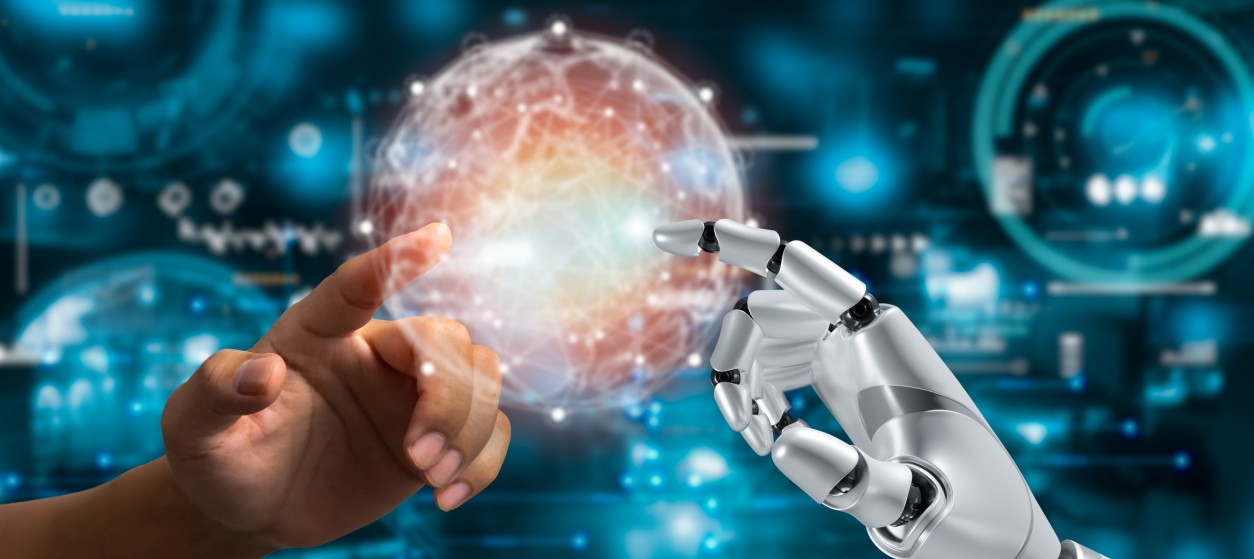Nowadays businesses produce, collect and use more data than ever before, as they harness a very wide array of data sources. The later sources range from business information systems and corporate databases to IoT (Internet of Things) sensors and social media. By properly analyzing these data, enterprises can turn raw information into business insights that boost the effectiveness of their business processes and of their managerial decision-making. This is the reason why modern enterprises are heavily investing in emerging technologies and solutions for advanced data analytics. Specifically, they seek solutions that are highly automated and effective in extracting business knowledge from a variety of structured, unstructured, and semi-structured data sources. Automation is a very desirable property given that it is practically impossible for humans to structure, process, and identify knowledge patterns within such extreme amounts of data. In this context, businesses are increasingly turning to Machine Learning (ML) in order to automate their data analysis and knowledge extraction processes.
Machine Learning is one of the most popular ways to mine large amounts of data. ML programs can automatically identify knowledge patterns in historical datasets, without being explicitly programmed based on specific knowledge extraction rules. Rather ML programs are able to learn the rules that will drive their operation. Specifically, ML programs are usually trained based on past data as a means of extracting the rules that enable them to process new (previously unseen) data. ML’s popularity is evident in the rapid growth of the ML market: According to a recent market analysis report, the global machine learning market size amounted to USD 6.9 billion in 2018 and is expected to reach USD 96.7 billion by 2025. Note also that ML is one of the most popular segments of Artificial Intelligence (AI), as well as one of the most prominent ways modern businesses leverage AI-based cutting-edge technology.
Popular Machine Learning Types and Operations
There are tens of different ML models and algorithms, which are suited for a variety of problems. Nevertheless, leveraging ML within comprehensive and effective business solutions is a challenging task. The design, development, and evaluation of ML models is a multi-disciplinary process, which requires teams with IT, databases, statistics, and visualization skills. Furthermore, there is always a need for engaging domain experts that contribute the ever-important domain knowledge. The latter is typically required to validate the soundness of the findings of the ML programs. Typical ML analytics operations in a business context include:
- Classification, i.e. assigning an item to a predefined class or category, like when detecting customer sentiment.
- Prediction, i.e. forecasting and anticipating events (e.g., security incidents) or numerical values like expected sales volumes.
- Associations, i.e. cases where some patterns or events are linked to other events. For example, ML can be used to automatically analyze retail sales data in order to deduce the best ways to place the available items in a store.
- Clustering, i.e. dynamically assigning similar items to categories without a need to specify the categories in advance. This is for example the case when assigning customers to classes based on their spending and purchasing habits.
There is a variety of machine learning techniques that are based on mathematical logic and well-known statistical theories like decision trees, random forests, and models based on Bayesian statistics. Furthermore, neural networks are used to identify complex patterns of knowledge on past data, given that they operate based on principles of biological neurons and like the brains of animals. All the above-listed methods are usually characterized as traditional machine learning.
In recent years, there is also a surge of interest in a special class of ML techniques, namely Deep Learning (DL) models and algorithms. DL models are based on deep neural networks, which feature many layers of neurons. The business interest in deep learning is largely because deep neural networks exhibit much better performance than traditional methods when large volumes of historical data are available. Therefore, the proliferation of the amount of available business data makes DL preferable over traditional DL.
One more class of ML techniques is Reinforcement Learning (RL). RL employs a different learning paradigm: It trains a software program (i.e. a machine learning agent) through rewarding it for desired (i.e., correct) behaviors and penalizing it for undesired (i.e., wrong) ones. The process is based on a trial-and-error paradigm, which leads the RL to learn what is good to do and what must be avoided. RL is used in special types of applications like robotics and gaming.
Prominent Machine Learning Use Cases
With so many ML techniques and tools at hand, modern businesses are provided with unprecedented opportunities to develop advanced analytics technologies that improve their competitiveness and help them improve their business results. Here are some prominent examples of business applications in various sectors:
- Healthcare: ML is used to process large amounts from different types of data sources (e.g., clinical data, real-world data, lifestyle data, laboratory examinations) towards improving diagnosis and prognosis of complex diseases, while also recommending optimal and personalized treatments. Furthermore, ML can be used to extract biomarkers and other medical knowledge to be used for drug developments in ways that improve the efficacy of medicines and reduce the costs of clinical trials.
- Retail: There are numerous applications of ML in retail industries. For instance, ML is used to forecast sales and demand towards optimizing supply chain operations. Also, ML-based AI technology is used to provide customers with personalized recommendations about products that match their interests and past purchasing behavior.
- Legal Services: ML services and AI technology can be employed to automate paralegal work such as the automatic identification of similar cases. Likewise, ML applications can be used to automate the classification of legal documents towards saving attorneys precious time.
- Manufacturing: In manufacturing and other industrial sectors (e.g., energy, oil and gas, mining), ML is used to improve the management of precious and expensive assets such as machinery and other forms of industrial equipment. One of the most prominent uses cases in predictive maintenance, which leverages predictive analytics to anticipate the exact point in time where a machine will need service or will start malfunctioning. This is very important for improving the overall equipment efficiency while avoiding catastrophic and costly production downtimes. There are also manufacturing use cases that leverage reinforcement learning in human-robot collaboration scenarios such as scenarios where humans and robotic cells collaborate in quality inspection tasks.
- Agriculture: Smart agriculture leverages ML to produce precision farming recommendations that lead to crop optimization. In this direction, ML-based precision farming applications process past data about farming practices and their achieved yield. These data include sensor-based data sources that provide information about weather conditions, irrigation, and other parameters that affect the crop.
The above list of use cases is non-exhaustive. ML disrupts entire sectors based on a variety of use cases. Therefore, enterprises cannot afford to ignore this emerging technology. Rather they must invest in business modeling and data science services towards producing ML solutions that give an essential boost to their business results.











Great wordpress blog here.. It’s hard to find quality writing like yours these days. I really appreciate people like you! take care
https://www.smortergiremal.com/
Would love to always get updated great site! .
https://myswissmailaddress.com/en/ide-uid-and-swiss-address-for-ofcom-compliance/